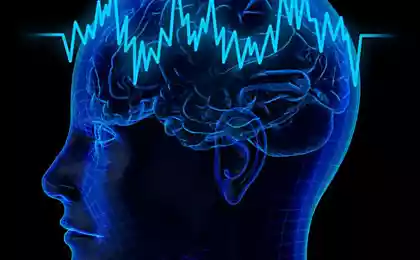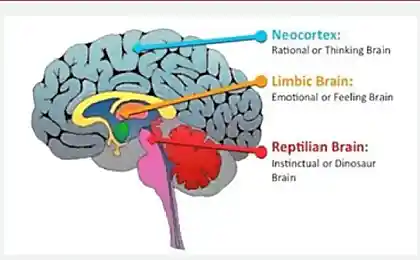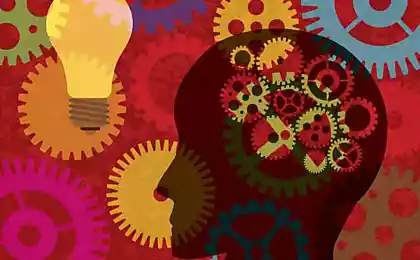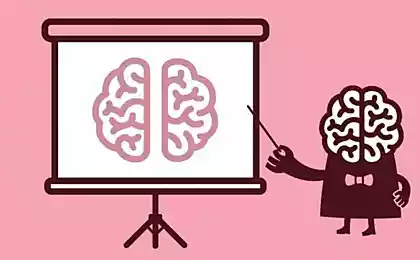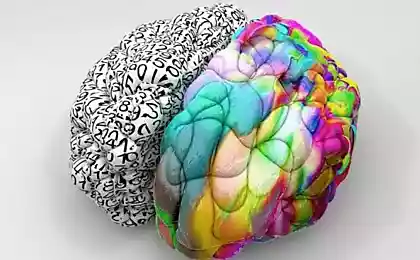1259
Bodyguard for the Brain: Researchers have identified a mechanism that can protect the brain from aging
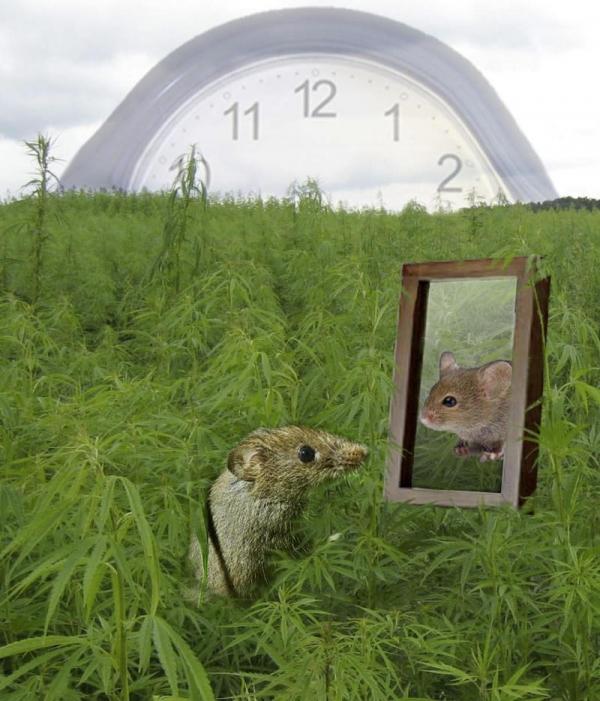
Results of the study are presented in the latest issue of PNAS.
People are getting older and older, and the number of people with dementia is increasing. Factors controlling the degeneration of the brain is still largely unknown. However, researchers believe that factors such as stress, accumulation of toxic waste may accelerate aging. But conversely, there are also mechanisms that can - like a bodyguard - protect the brain structures from destruction.
Researchers from the Universities of Bonn and Mainz have discovered a previously unknown function of the cannabinoid-1 receptor (CB1). The receptor protein which can bind to other substances, triggering a chain of signals. Cannabinoids such as THC - the active agent in cannabis - and endocannabinoids, forming the body, bind to receptors SV1.Suschestvovanie this receptor is also responsible for the intoxicating effect of hashish and marijuana.
Not only does the CB1 receptor have an addictive potential, but it also plays a role in brain degeneration. "If we turn off the receptor using genetic engineering, the mouse brain is aging much faster," said Onder Albayaram, senior author of the publication and a doctoral student in the team of Professor Andreas Zimmer from the University of Bonn. "This means that the alarm CB1 exerts a protective action on nerve cells».
Mice have proved their brain power in the pool.
The researchers studied mice in different age categories. The animals had to master various tasks - first, they had to find a submerged platform in the pool. Once the mouse learned its location, the platform was moved, and the animals had to find it again. These researchers tested how well the rodents have developed the ability to learn and remember.
Animals whose CB1 receptors were switched off, obviously different from their own kind. "In mice, decreased learning ability and memory," said Dr. Andras from Professor Zimmer's team, who led the study. Thus, animals that do not have receptors have been less successful in their search for the platform. "In addition, the ball detect the loss of nerve cells in the hippocampus," he explained further. This region is the central region is designed for generating and storing information. In addition, the researchers found inflammation processes in the brain. So older mice, the degenerative processes became increasingly noticeable.
Amazing parallels with the human brain
In animals with intact CB1 receptors, in contrast, showed improvement in terms of their learning and memory capabilities, and health of nerve cells. "The main cause of aging is one of the secrets of life," commented Albayaram. This study opens the door to solving this enigma. The processes in the mouse brains have a surprising number of parallels with age-related changes in the human brain. Thus, the endocannabinoid system may also help to clarify the protective mechanism in the aging human brain.
Scientists would like to better understand the mechanism by which CB1 receptors protect the brain from inflammation. And based on these data, it may develop substances for new therapies.
Mental decline in old age turned out to be the property of the human body, which is not observed among chimpanzees.
Cage and oxygen





